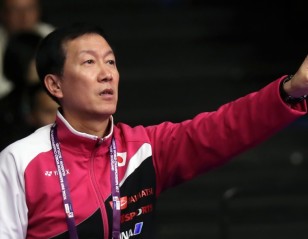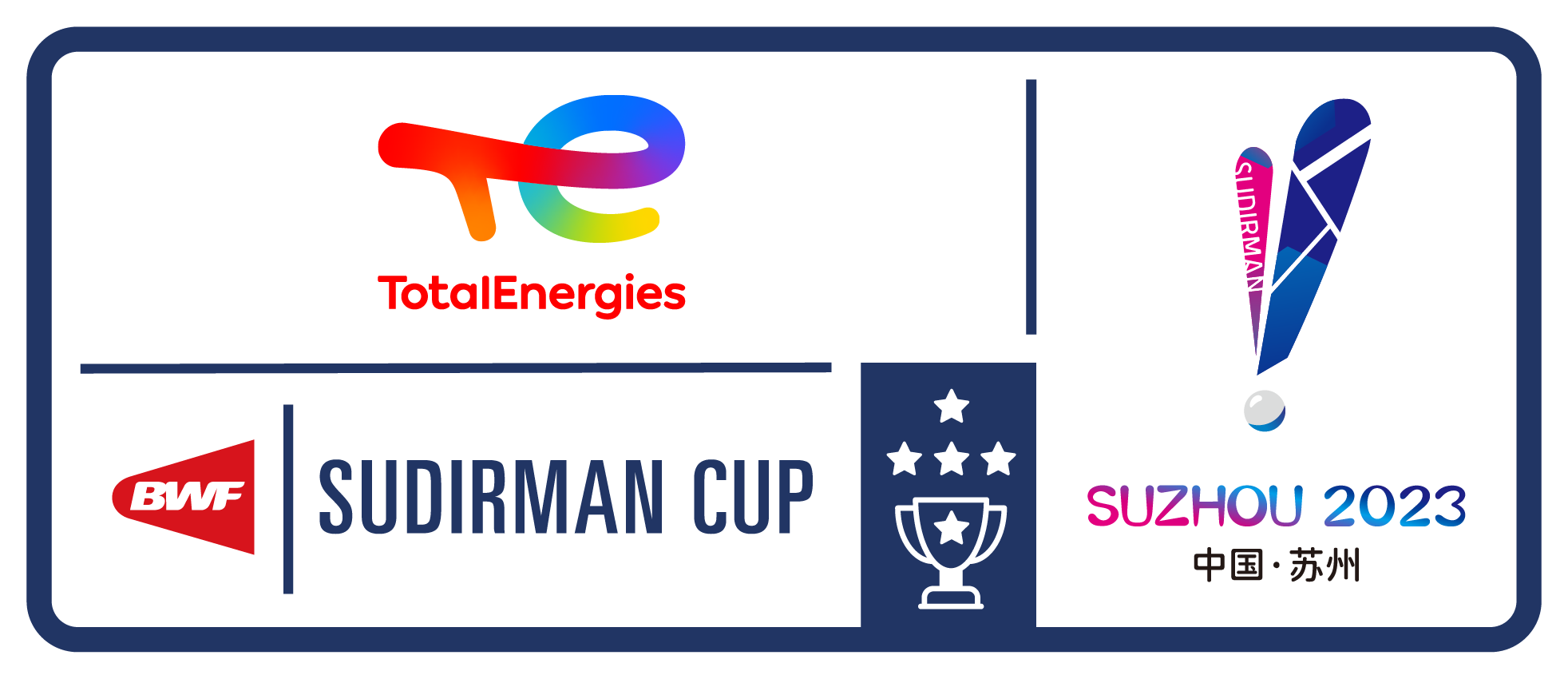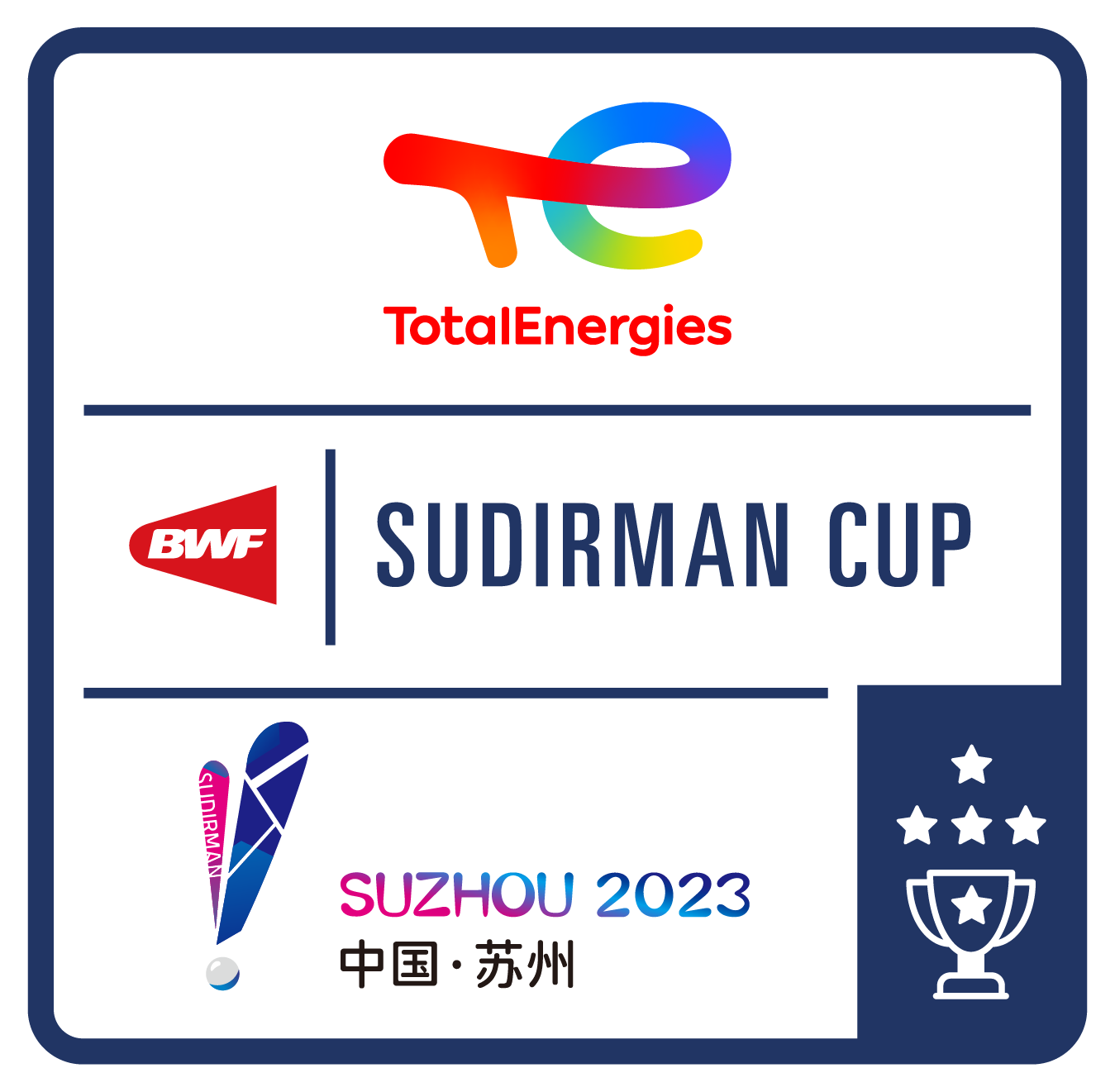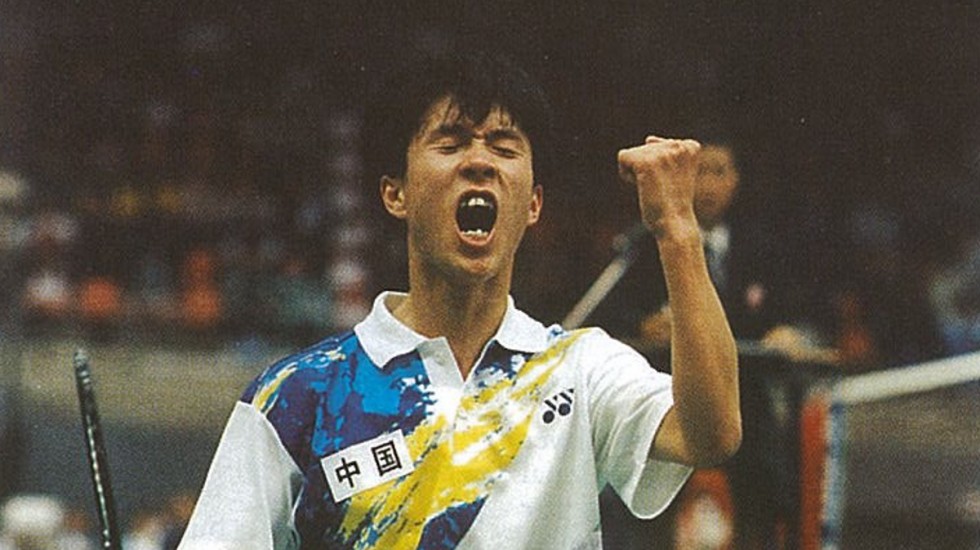
The Clash of Powerhouses – Sudirman Cup in the 90s
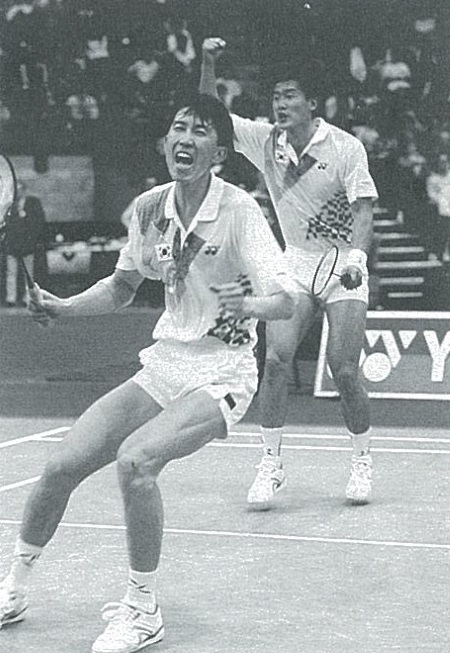
The Nineties were a fascinating era in Sudirman Cup history, which saw captivating battles between powerhouses Indonesia, China, Korea and Denmark.
Korea were narrowly denied the Sudirman Cup in 1989 by Indonesia, but they surged to the top in the next two editions.
Korea’s capture of the World Mixed Team Championships in 1991 and 1993 was built on their strength in doubles, with Park Joo Bong as the pivotal figure.
Both semifinals in the 1991 edition went down to the wire, with Indonesia beating Denmark and Korea overcoming China by 3-2 margins.
The 1991 final in Copenhagen featured the finalists of the 1989 title clash. Indonesia had the big guns in singles, in the form of Ardy Wiranata and Susi Susanti. Both won their matches to give the defending champions a 2-1 lead, but Korea’s women’s doubles of Chung So Young and Hwang Hye Young came to their rescue.
It was then left to the final men’s doubles, and Park and Kim Moon Soo made no mistake in blowing away Eddy Hartono and Rudy Gunawan in straight games to give their team their first title.
The big four teams once again made the semifinals of the 1993 edition in Birmingham. Once again, both semifinals were hard-fought, with Indonesia overcoming China 3-2 and Korea getting past Denmark by the same score.
It was the third straight final between Indonesia and Korea. Once again the pattern from 1991 repeated, with Korea taking the mixed doubles through Park and Gil Young Ah, and Indonesia winning both their singles through Ardy Wiranata and Susi Susanti.
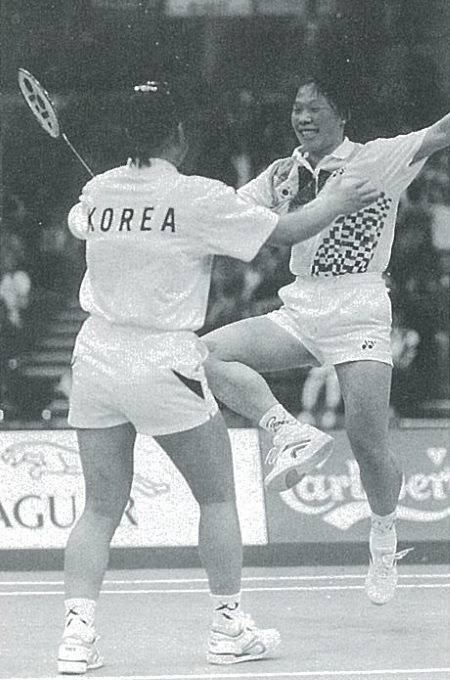
Indonesia had a golden chance to take the title with Lili Tampi and Finarsih leading 14-10 in the second game after taking the first, and served two match points. But the Koreans dug in and after a marathon encounter, which lasted 98 minutes, Chung and Gil celebrated their come-from-behind victory.
Park Joo Bong and Kim Moon Soo were expected to beat Rudy Gunawan and Ricky Subagja and they did, in straight games, to give Korea their second Sudirman Cup title. Park had come back from retirement for the Sudirman Cup, and he didn’t disappoint his team.
Indonesia still had a formidable team in 1995, while China were on the way up with a youthful contingent.
The defending champions, minus their talisman Park Joo Bong, fell 4-1 in the semifinals to Indonesia, while Denmark were beaten by the same score by China.
It was the turn of China’s young guns to fire on the day. Ge Fei and Gu Jun wore down Resiana Zelin and Eliza Nathaneal in women’s doubles. The big surprise was the capitulation of Susi Susanti to Ye Zhaoying. Heryanto Arbi was expected to take the men’s singles, but Sun Jun outwitted him in a classic battle, 15-7 9-15 15-12.
From that point on, China would be unbeaten in the mixed team event until 2015 – with the only exception being 2003, when they lost the final to Korea.
By Glasgow 1997, China had consolidated their gains. China’s hardest battle in 1997 was in the semi-finals against Indonesia, which they only narrowly won 3-2 thanks to their indomitable women’s doubles pair of Ge Fei and Gu Jun.
Korea in the final posed no problems for China as they wrapped the tie 5-0. Liu Yong and Ge Fei gave them the lead over Kim Dong Moon/Ra Kyung Min. Dong Jiong and Gong Zhichao steamrolled their opponents in the singles to clinch the tie. China showed no mercy in the two inconsequential matches, winning them both in straight games.
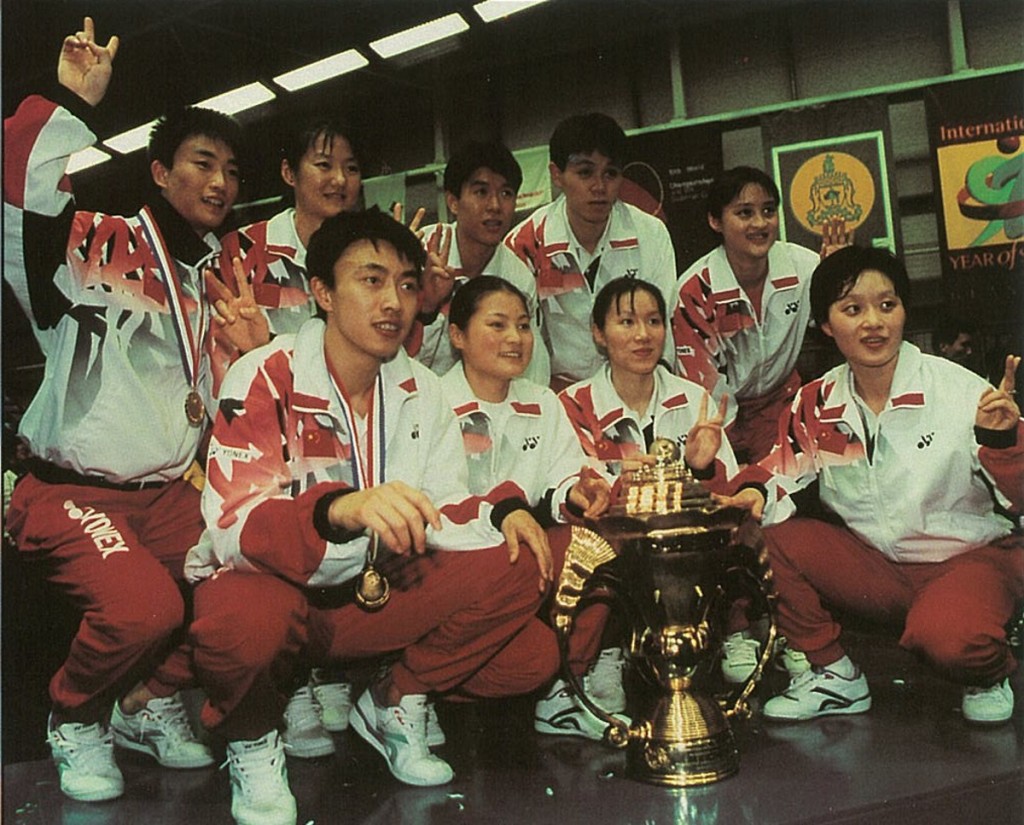
It was a harder battle for China in Copenhagen 1999. They scraped past Korea in the semifinals, with Liu Yong and Ge Fei winning a tight fifth match.
Denmark, playing at home and hunting for their first world team title, ran China close. The hosts were up 1-0 and Camilla Martin had her chances to make it 2-0 in the women’s singles, but Dai Yun held firm and got China back into the contest.
From there it was China all the way, with Sun Jun beating Peter Gade and Zhang Jun/Yu Jinhao stopping Jens Eriksen/Jesper Larsen in straight games to ensure China’s hat-trick of Sudirman Cup titles.
Sudirman Cup News
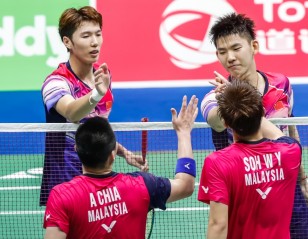
Sudirman Cup: The Most Thrilling Battles 5 June 2019
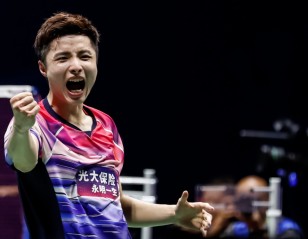
Stars Who Shone; Those Who Didn’t 4 June 2019
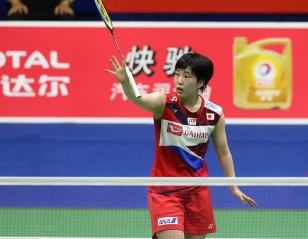
Key Moments: Chen vs. Yamaguchi – Sudirman Cup ‘19 30 May 2019
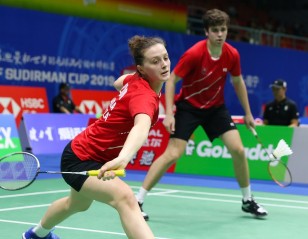
Slovakia Daring to Dream – Sudirman Cup ’19 28 May 2019
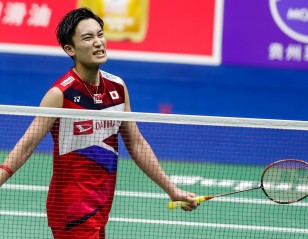
Key Moments: Shi vs. Momota – Sudirman Cup ‘19 28 May 2019
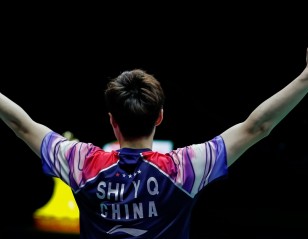
As It Happened CHN vs JPN – Sudirman Cup ‘19 27 May 2019
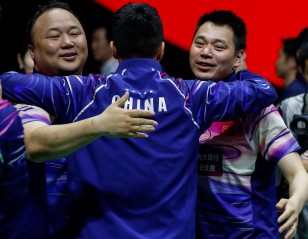
Celebrations and Concessions – Sudirman Cup ’19 26 May 2019
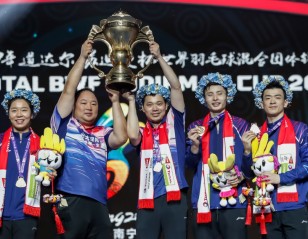
China’s Young Heroes Reclaim Title – Sudirman Cup ’19 26 May 2019
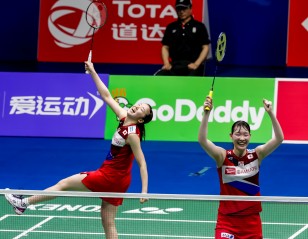
Park: We’re Going All Out! – Sudirman Cup ’19 25 May 2019
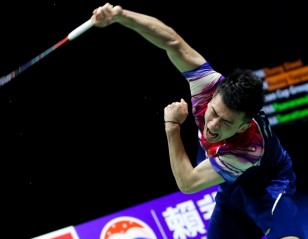
Big Guns Boom for China – Sudirman Cup ’19 25 May 2019
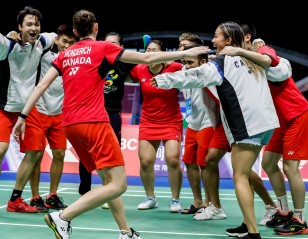
Brilliant Canada Top Group 2 – Sudirman Cup ‘19 25 May 2019
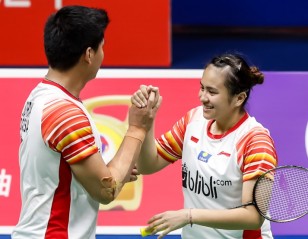
Indonesia Hobble Past Chinese Taipei – Sudirman Cup ’19 24 May 2019
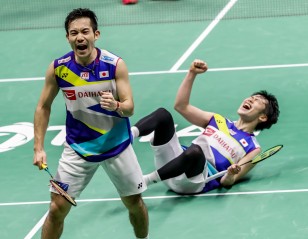
Japan Stay on Track – Sudirman Cup ’19 24 May 2019
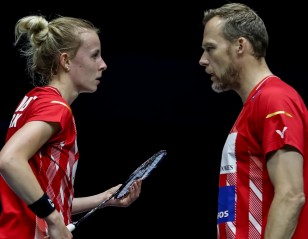
Jonassen: Young Generation ‘Hungry’ – Sudirman Cup ’19 24 May 2019
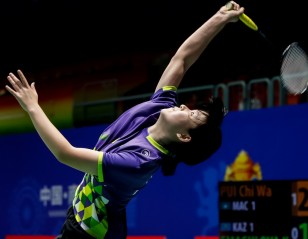
Another Teen Star in the Making – Sudirman Cup ’19 24 May 2019
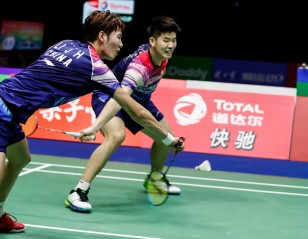
China Coast into Semis – Sudirman Cup ’19 23 May 2019
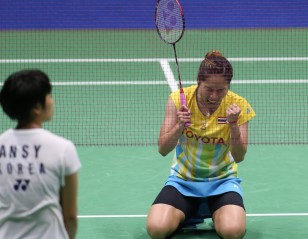
Defending Champs Trip Over Thailand – Sudirman Cup ’19 23 May 2019
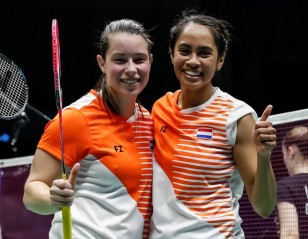
Netherlands Fight Back From Brink – Sudirman Cup ‘19 23 May 2019
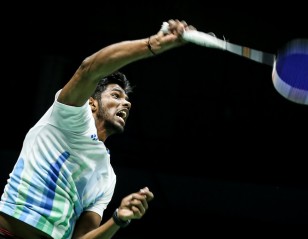
Rankireddy Impressive in Comeback from Fracture 23 May 2019
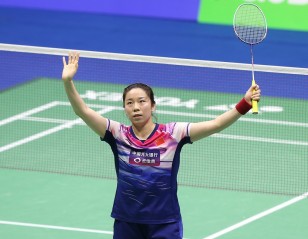
Final Eight Draw – Sudirman Cup ’19 23 May 2019
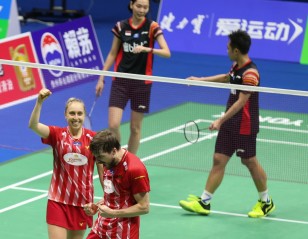
Danes Deliver! – Sudirman Cup ’19 22 May 2019
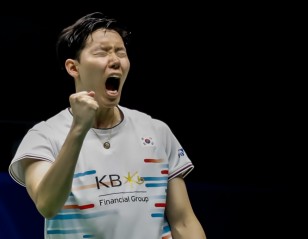
Korea Beat Chinese Taipei, Top Group – Sudirman Cup ’19 22 May 2019
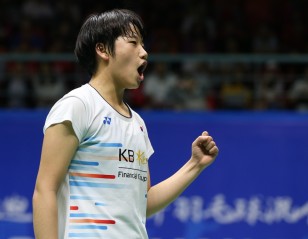
No Stopping An Se Young! – Sudirman Cup ’19 22 May 2019
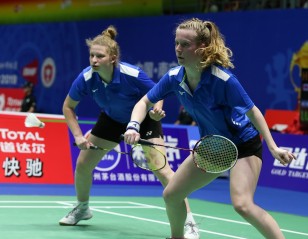
Israeli Youngster Embracing the Big Stage – Sudirman Cup ’19 22 May 2019
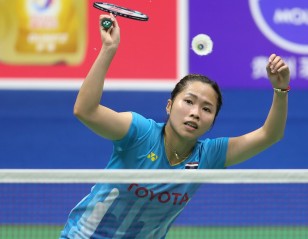
Thailand Thwart Russia – Sudirman Cup ’19 21 May 2019
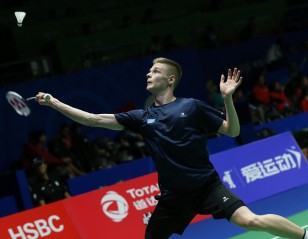
Pathway to Success for Kazakhstan – Sudirman Cup ’19 21 May 2019
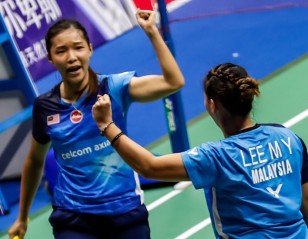
Malaysia Edge Past India – Sudirman Cup ’19 21 May 2019
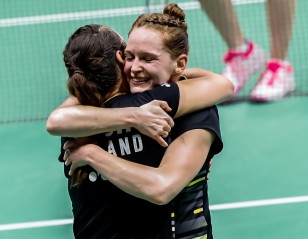
Continental Conquest! – Sudirman Cup ’19 20 May 2019
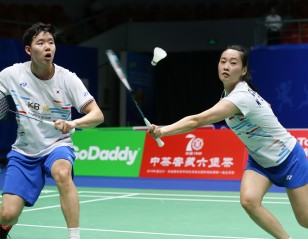
Korea into Quarters – Sudirman Cup ’19 20 May 2019
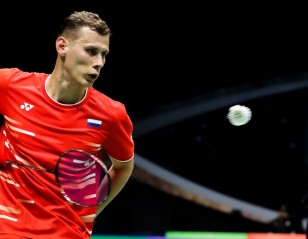
China Club Stint Powers Malkov – Sudirman Cup ’19 20 May 2019
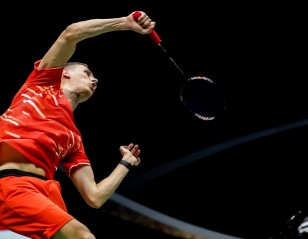
Wake-Up Call for Japan – Sudirman Cup ’19 20 May 2019
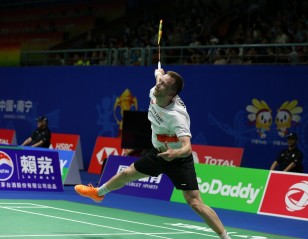
‘Greatest moment ever’ says Greenland – Sudirman Cup ’19 20 May 2019
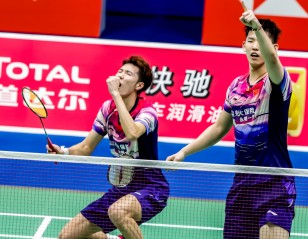
China Brush Off Scare – Sudirman Cup ’19 19 May 2019
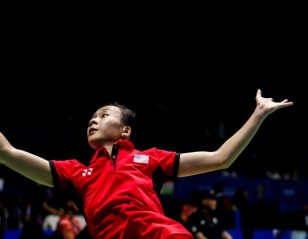
Iris Wang Unable to Resist Badminton’s Lure – Sudirman Cup ’19 19 May 2019
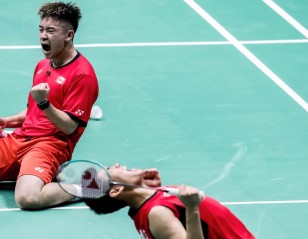
Thrilling Win for Canada – Sudirman Cup ’19 19 May 2019
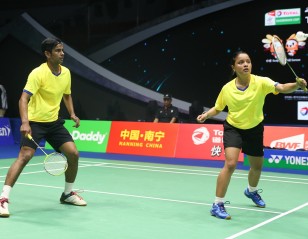
Learning Curve for Nepal – Sudirman Cup ’19 19 May 2019
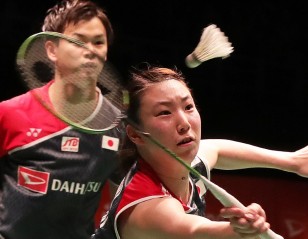
Mixed Doubles at Sudirman Cup – A Form Guide 19 May 2019
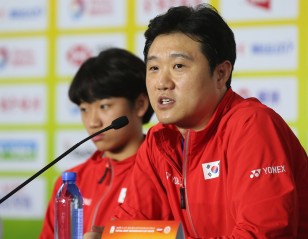
Speaking Their Minds – Sudirman Cup ’19 18 May 2019
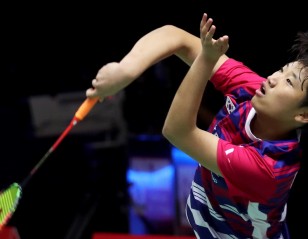
Women’s Singles at Sudirman Cup – A Form Guide 18 May 2019
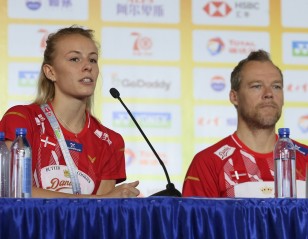
Denmark in Transition Phase – Sudirman Cup ’19 18 May 2019
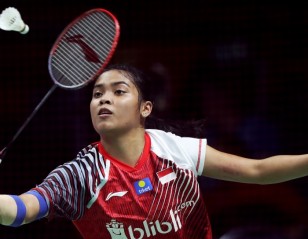
Indonesia Hold the Aces in Group 1B 17 May 2019
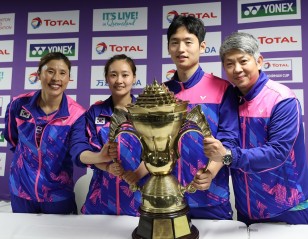
Final Preparations on Sudirman Cup Eve 16 May 2019
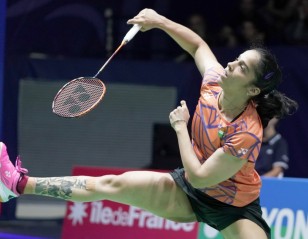
India-Malaysia Duel Likely to Decide Group 1D 15 May 2019
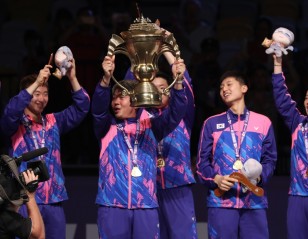
A Twist in the Tale – Sudirman Cup in the 2010s 15 May 2019
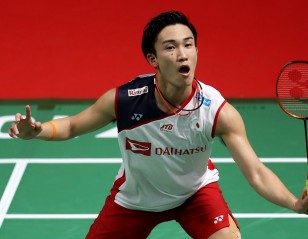
Men’s Singles at Sudirman Cup – A Form Guide 14 May 2019
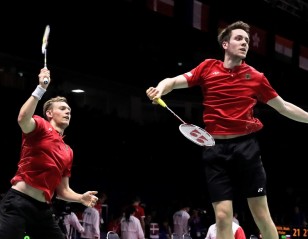
Spotlight On Canada-Germany Clash 11 May 2019
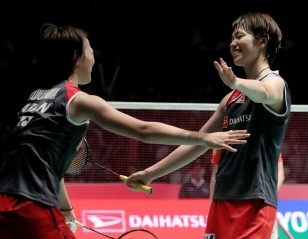
Women’s Doubles at Sudirman Cup – A Form Guide 10 May 2019
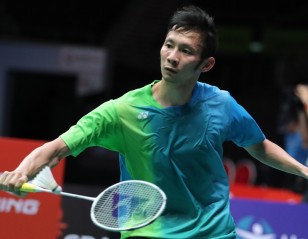
Tight Contest Expected between Netherlands, France 9 May 2019
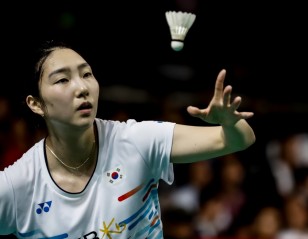
Sung’s Pullout a Setback for Korea in Group 1C 8 May 2019
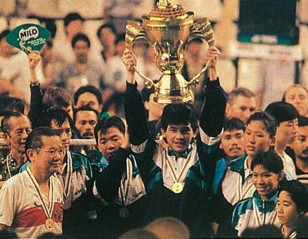
Glory on Home Soil – Sudirman Cup ’89 3 May 2019
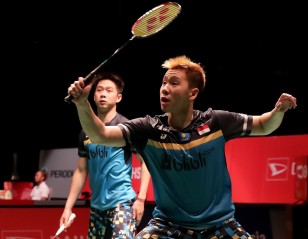
Men’s Doubles at Sudirman Cup – A Form Guide 2 May 2019
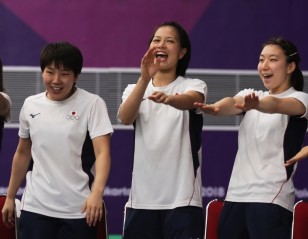
Spotlight on Japan, China – Sudirman Cup ’19 30 April 2019
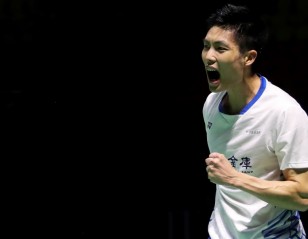
Chinese Taipei Can Go Far – Sudirman Cup ’19 27 April 2019
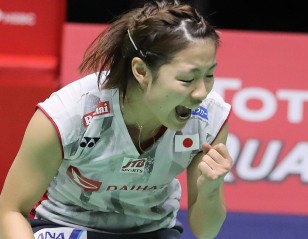
Everybody Wants to Beat Japan, Says Okuhara 26 April 2019
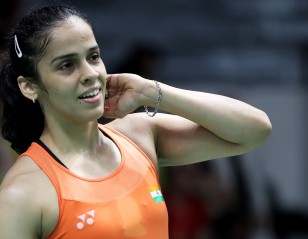
Title Triumph Not Far Away, Says Nehwal 25 April 2019
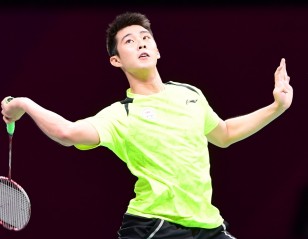
Loh Looks Forward to Team Challenge 24 April 2019
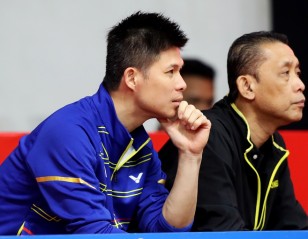
‘Team Spirit and Self-Belief are Important’: Wong Choong Hann 23 April 2019
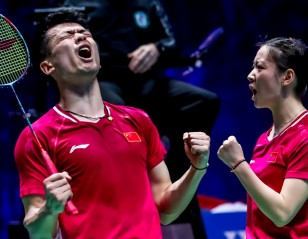
China’s Trump Cards – Zheng & Huang 22 April 2019
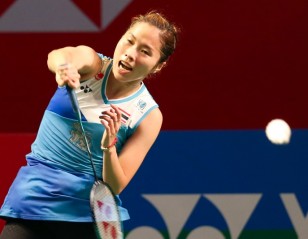
Intanon Optimistic About Thailand’s Chances 21 April 2019
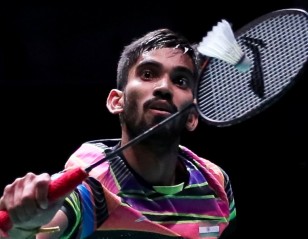
Kidambi Keen to Lead India to Team Glory 20 April 2019
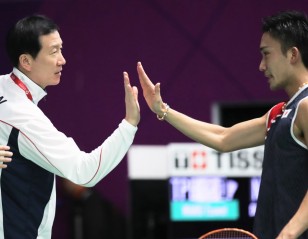
Month-Long Countdown Begins for Sudirman Cup 19 April 2019
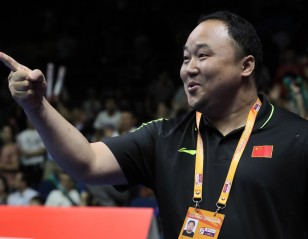
‘Looking to Convert Pressure into Motivation’: Zhang Jun 19 April 2019
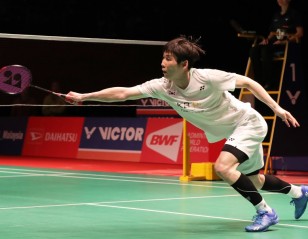
Setback for Korea’s Sudirman Cup Preparations 25 March 2019
Early Test for Hosts China: Sudirman Cup Draw 19 March 2019

Japan Get Top Billing – Sudirman Cup 11 March 2019

Hosts Ready as Sudirman Cup Countdown Begins 20 February 2019
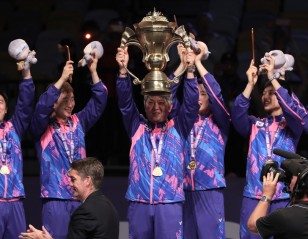
Sudirman Cup Attracts 32 Entries 18 February 2019

GoDaddy Extends Major Events Partnership with BWF 11 February 2019
